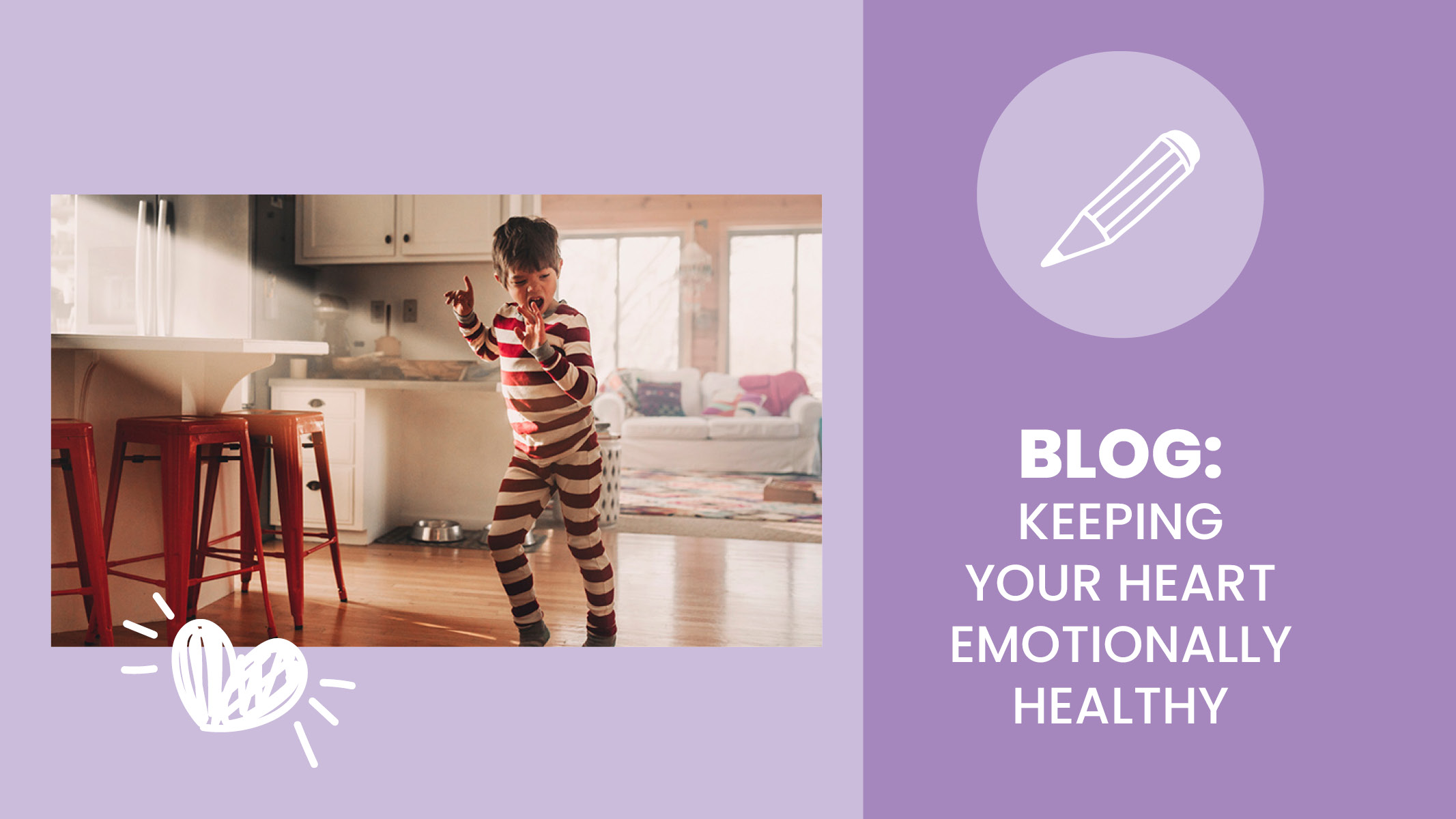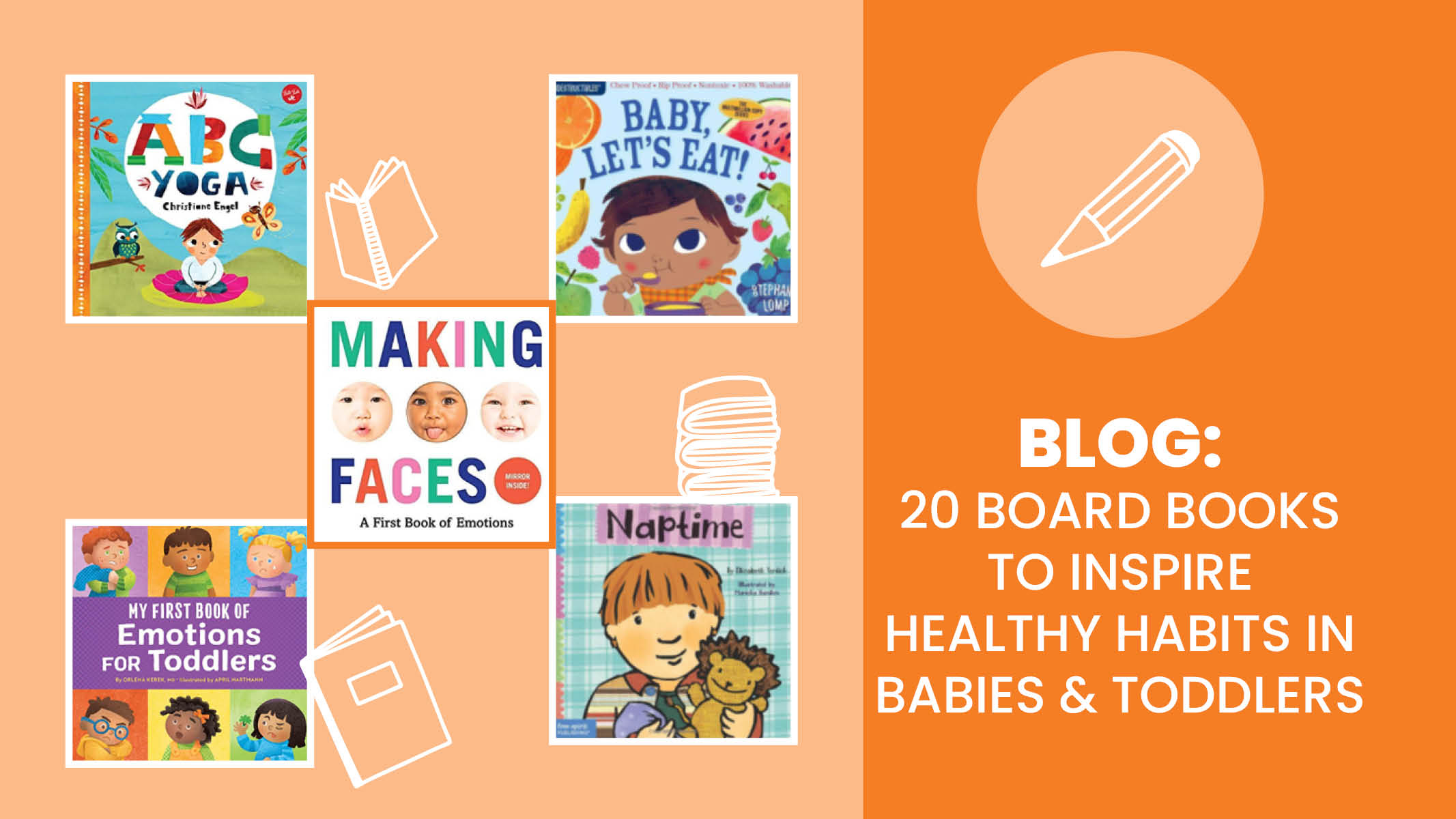February is Heart Month, so you might be hearing a lot about heart health and ways you can prevent heart disease. A physically healthy heart is crucial to your health and wellbeing, but we often overlook the importance of keeping your heart emotionally healthy. According to the Mental Health Foundation, “The emotional well-being of children is just as important as their physical health. Good mental health allows children and young people to develop the resilience to cope with whatever life throws at them and grow into well-rounded healthy adults.”
With all that in mind, what exactly is emotional health, and how can we help our kids achieve it? The fit Team sat down with Certified Daring Way, Dare to Lead Facilitator Melissa Hiatt to learn more.
How would you define emotional health in youth? I would define emotional health in youth the same as I would define it in adults, emotional heath is when we understand what we are thinking (cognition), feeling (emotion), and doing (behavior) and how they are all connected. Imagine emotional health as a three-legged stool. Understanding and paying attention to each leg is important; cognition (What am I thinking?), emotion (What am I feeling?), and behavior (What am I doing?). You can't pay attention to just one leg; you have to pay attention to all three.
Why is it important to help kids understand their emotional health? Emotion is energy that needs somewhere to go. Unprocessed emotions can have serious consequences on a child's mental and physical health. By simply getting curious about what your child is feeling, you can help them develop their own emotional health.
One day, my daughter came home from school and said, "These new shoes make my feet stink." I hadn't noticed until she pointed it out. Sure enough, her feet were stinky. The next night, I came home late, and she was working on homework. She called me over to look at something. Standing over her, I recognized the stinky feet smell. Expecting to laugh like we did the night before, I said, "Your feet stink." But she did not laugh. Instead, she yelled, "No they don't!" and went upstairs to start the bathtub. My husband informed me he had smelled her feet earlier and she had already washed her feet once. I felt terrible.
Using the three-legged stool metaphor, I could see my daughter’s emotion. She was feeling angry and hurt. I could observe her behavior—stomping, huffing, arms folded—but I had no idea what she was thinking. I asked my daughter if I could ask her a question and she obliged. I said, "Yesterday you were the one that pointed out your feet stunk, and we laughed about it, but today when I pointed it out, it seemed to really hurt your feelings. Can you help me understand what you were thinking when I said your feet stink?" She sat there for a while and finally said, "I don't want you and dad to think I'm gross."
I said, "Do you want to know what I was thinking? I was thinking that I've had shoes that make my feet stink. I was thinking the next time we go to Target, we could get a deodorizer for those shoes." What would have happened if I hadn't asked more questions? If I had just gotten mad because of her reaction? It's been three years since that incident. Would she have gone on believing that we thought she was gross? Instead, I let her in on what I was thinking.
The moral of this story? There is so much thinking and feeling that is happening outside of our awareness. Emotional health requires getting curious about what we are thinking, feeling, and doing and how they are all connected.
Looking for ways you can help your child better understand their emotions? Try our Feelings and Emotions Chart or How Are You Feeling? printable.
What challenges might kids face if they are not feeling emotionally healthy? A lack of emotional wellness can cause a host of problems. Kids might not know how to interpret or evaluate what they are feeling. This causes them to begin to believe their feelings are facts to be acted upon, rather than used as data to inform. They can feel out of control and uncertain about themselves and about life.
How can caregivers aid their children in better understanding and coping with emotions? If you see your child do something that is out of character, there are many things you can do to support them:
- Give them time and space to feel their feelings in their own way. If your child isn’t ready to be alone yet, you can sit with them or near them to provide support if they need it.
- Ask them how they’re feeling or what they’re thinking. If they aren’t sure what their specific emotion is, ask them how their body feels. It’s very common for children to feel their emotions in a physical way before they understand what the emotion they feel is called.
- Use coping strategies to navigate through their emotions. Coping strategies are a great tool to provide your kids with an outlet to release their feelings in a safe and healthy way.
- Spend some time together. Whether it’s in your Cozy Spot or just enjoying some quiet time on the couch, spending time together after the big emotions pass can help kids soothe their minds and bodies, and helps take them out of a defensive mindset.
Remind yourself and your child that while behaviors might be good or bad, emotions are not good or bad. It’s normal to experience a wide range of feelings and emotions throughout the day.
Ready for More? You Might Also Like:
It’s a Good Day for a Good Day Article
Mindful Moments Cards
Managing Emotions Printable


